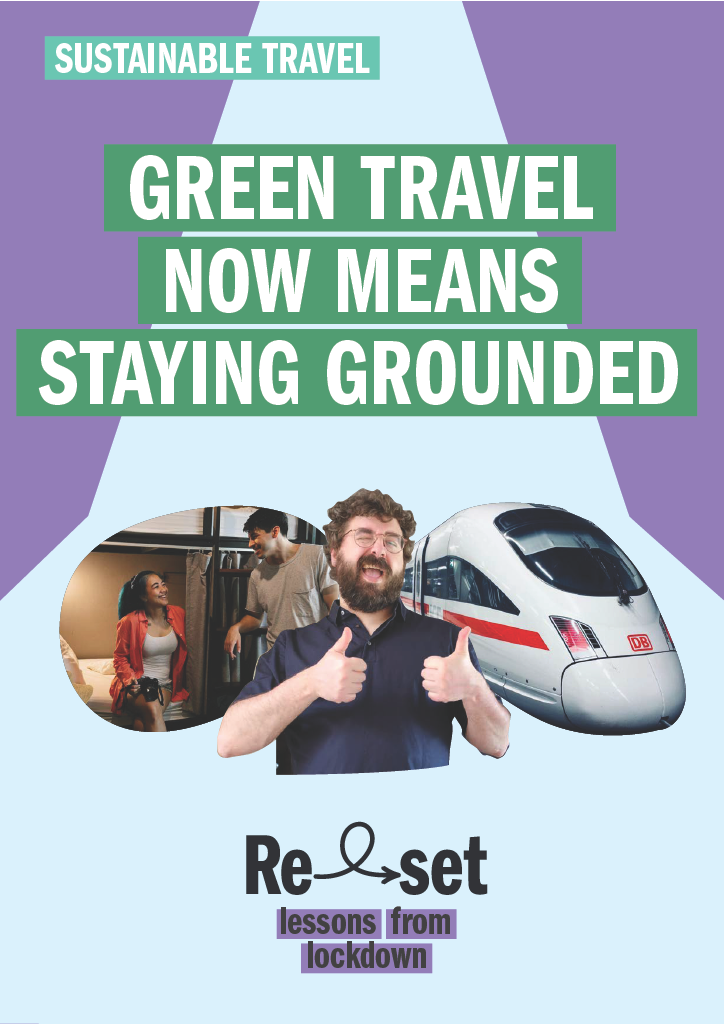As the pandemic spread across Europe, with planes at a standstill, people looked to the often overlooked train to help them move around and, in the process, the sleeper train emerged as a low-carbon substitute to the excesses of budget air travel. The renewed romance of twin bunks and couchettes during the pandemic could have been caused by a simultaneous shift in values. Unable to fly and travel long distances by air, people took a pause and questioned why they travelled so far for holidays, or to work, in the first place.
One thing we urgently need is for low-carbon options to be much cheaper, convenient and accessible. When the channel tunnel opened, the plan was to run night trains through it from all corners of the UK. This would be a game-changer in terms of our European holidays – but only if it’s affordable.
– Anna Hughes, director of Flight Free UK
As the pandemic pushed many into a state of flux, travelling differently was one way in which people could remain grounded amid the uncertainty and chaos. And with concern over the climate crisis at an all time high around the world, policy and travel choices could be permanently altered.

This story is part of the Reset series – a collection of short downloadable stories that look in more detail at over consumption and unnecessary travel. They consider some of the key messages and solutions that have become apparent during the pandemic that could help us make the rapid transition to a more sustainable future.
This guide has been made possible by the support of ClimateWorks Foundation.
 When realisation of the seriousness of the COVID-19 pandemic hit, overnight it became impossible to get on a plane and fly to a far-flung destination, for work or leisure. From 2019 to 2020, air travel fell by 60%. Last year, passenger numbers were still down by approximately 49%. But the drop in people flying, and the restrictions to movement brought in to contain the pandemic, did not hamper the human desire for adventure – nor people’s demand for sustainable, slow and more grounded ways of travelling.
When realisation of the seriousness of the COVID-19 pandemic hit, overnight it became impossible to get on a plane and fly to a far-flung destination, for work or leisure. From 2019 to 2020, air travel fell by 60%. Last year, passenger numbers were still down by approximately 49%. But the drop in people flying, and the restrictions to movement brought in to contain the pandemic, did not hamper the human desire for adventure – nor people’s demand for sustainable, slow and more grounded ways of travelling.